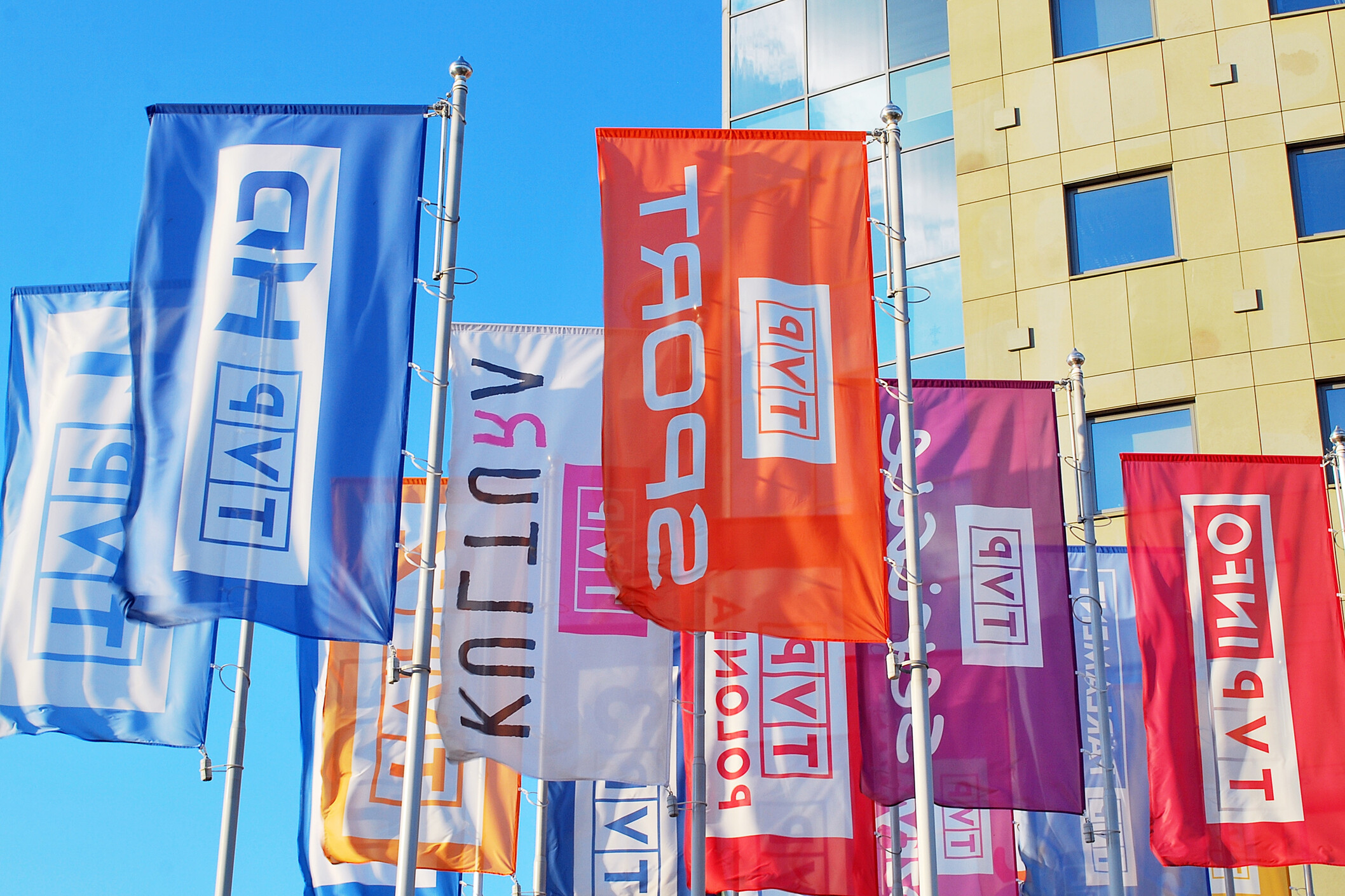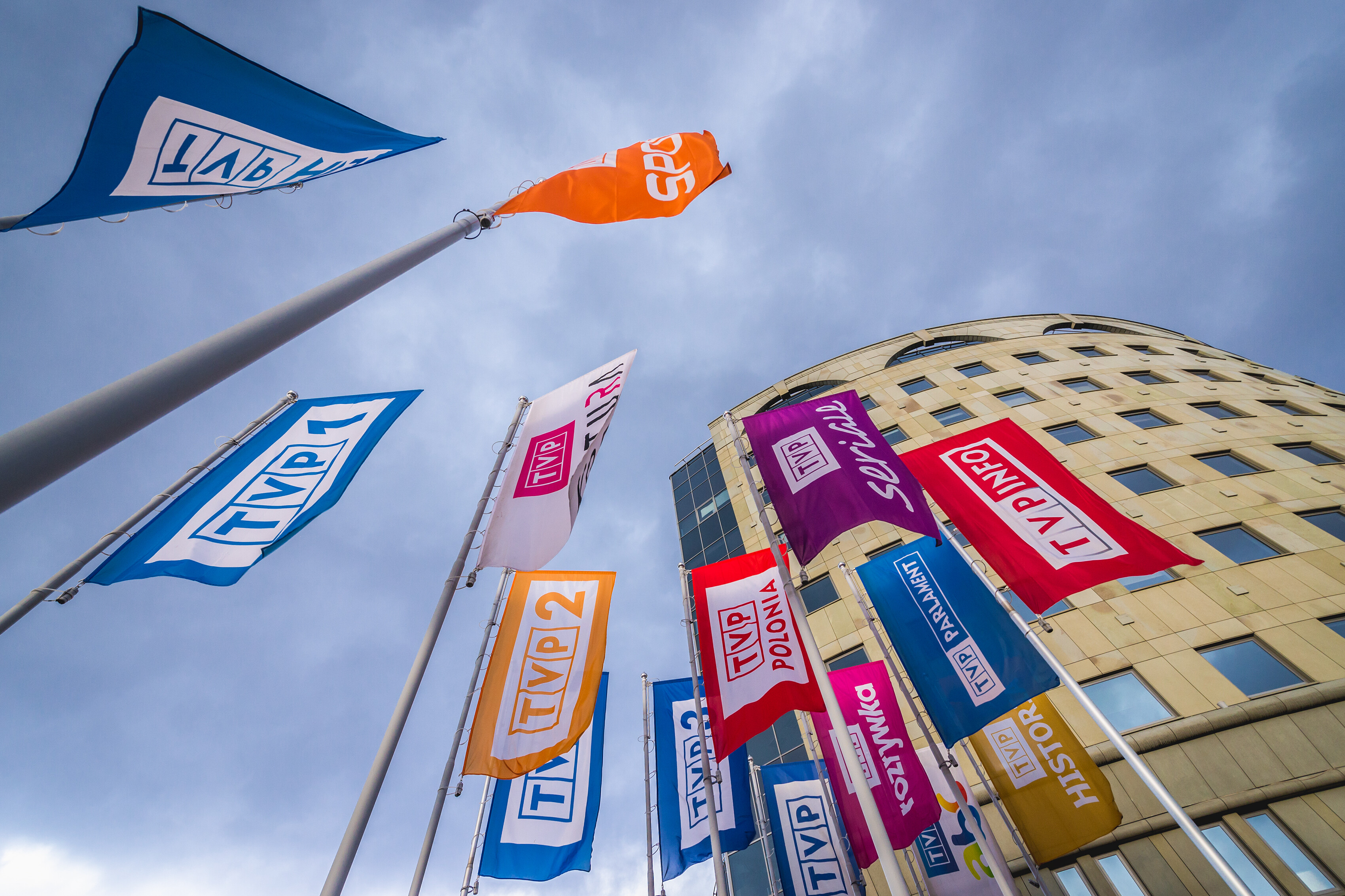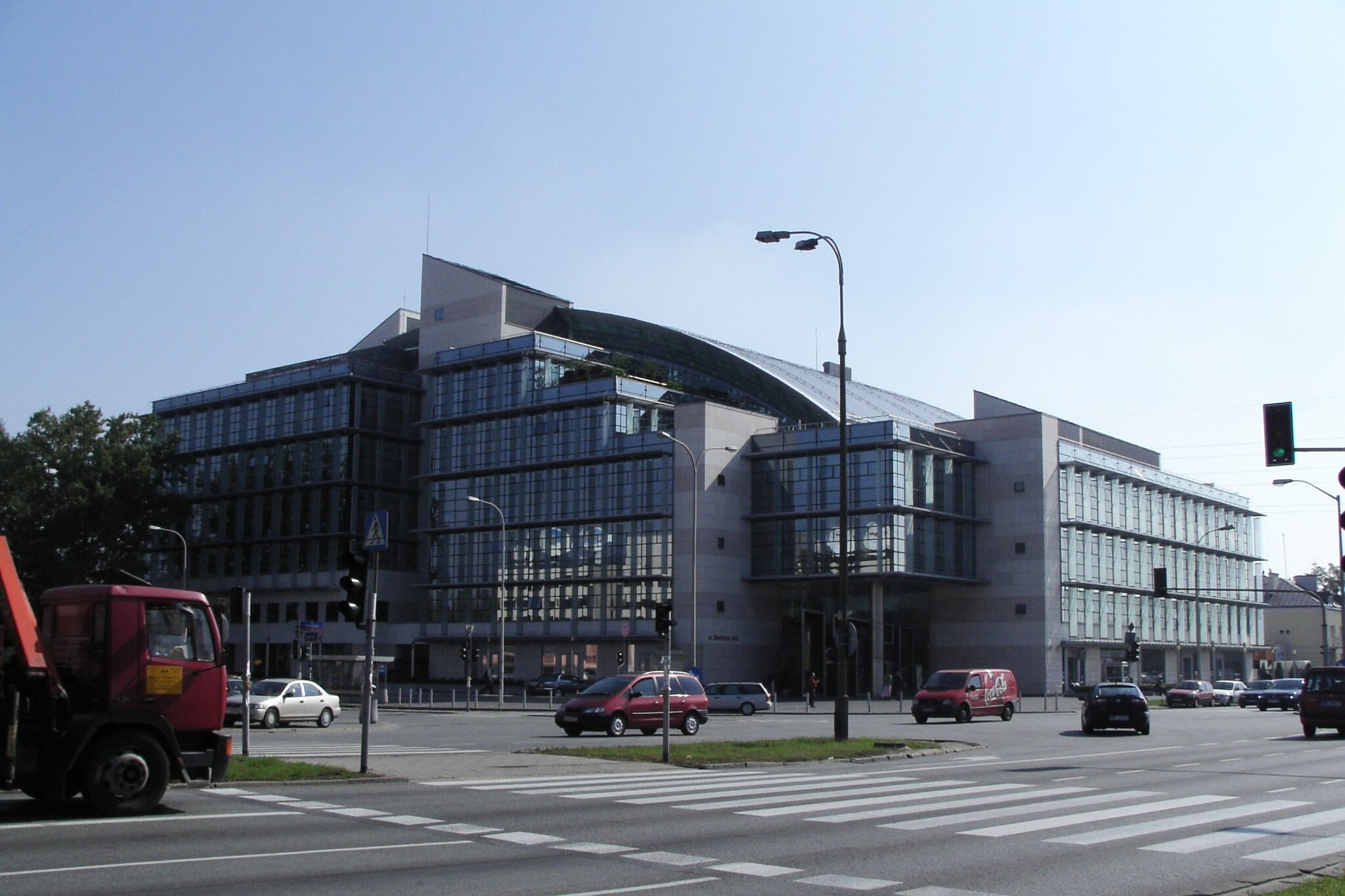Growth in ownership by state-backed companies reignites concerns that government is tightening its control over the country’s media.
In November and December 2020, Daniel Obajtek, the CEO of Poland’s largest state-backed oil firm, Orlen, bought two media companies: Ruch and Polska Press. The latter was previously owned by a German entity, and owns 20 regional newspapers, more than 100 local weekly papers and around 500 online portals.
The takeover will enable the state-backed company to reach a sizeable proportion of the population. A press release published by Orlen revealed that it would “gain access to 17.4 million internet users”. The company also owns shares in two-thirds of the media house Sigma Bis, which was established in 2019. According to Deutsche Welle, Orlen may have further plans to invest in the media market as it diversifies from oil.
The purchase is thought to have materialised from the ruling Law and Justice (PiS) party’s strategy to ‘re-polonise’ the Polish media and curb foreign media ownership. The approach is similar to the media capture seen in Hungary under Prime Minister Victor Orban.
It is deeply concerning to hear that #Poland's government continues to tighten its control over media in the country. #PressFreedom #PublicMedia #TVP https://t.co/sG9BjfF5BM
— PublicMediaAlliance (@PublicMediaPMA) January 5, 2021
Last month, the European Federation of Journalists (EFJ) issued a statement outlining its concerns for growing media concentration in Poland and across Europe. EFJ Director, Renate Schroeder, said, “In times of unprecedented weakening of media, in particular, local media throughout Europe, such takeover at big scale and potential big economic and state influence would neither be a surprise nor a stand-alone action.” He added, “Unfortunately, we cannot exclude the possibility that this takeover was motivated by the wish to influence the results of local and regional elections to take place in 2023”.
Read more: Why is a Polish oil company building up a media empire?
There has been a significant erosion of media independence and press freedom in Poland since the election of PiS in 2015. This includes the public broadcaster, TVP, which has been widely accused of propagating pro-government coverage, especially during last year’s general election and of the country’s coronavirus response.
Mariusz Kowalewski, a former journalist at TVP, told NPR that, “Instead of information, viewers now get blunt propaganda that is meant to assure them that Law and Justice is the best party to rule this country.”
There is now significant concern among independent media organisations regarding the impact state-backed media ownership will have on local and regional outlets. As one Editor-in-Chief of a regional newspaper, owned by Polska Press, told NPR: “What has happened to TVP is making all of us worry about the political impact on our paper.”
Header Image: Sign used to protest for “Free media” at protests in Poland in January 2017. Image: Jaap Arriens/Creative Commons


